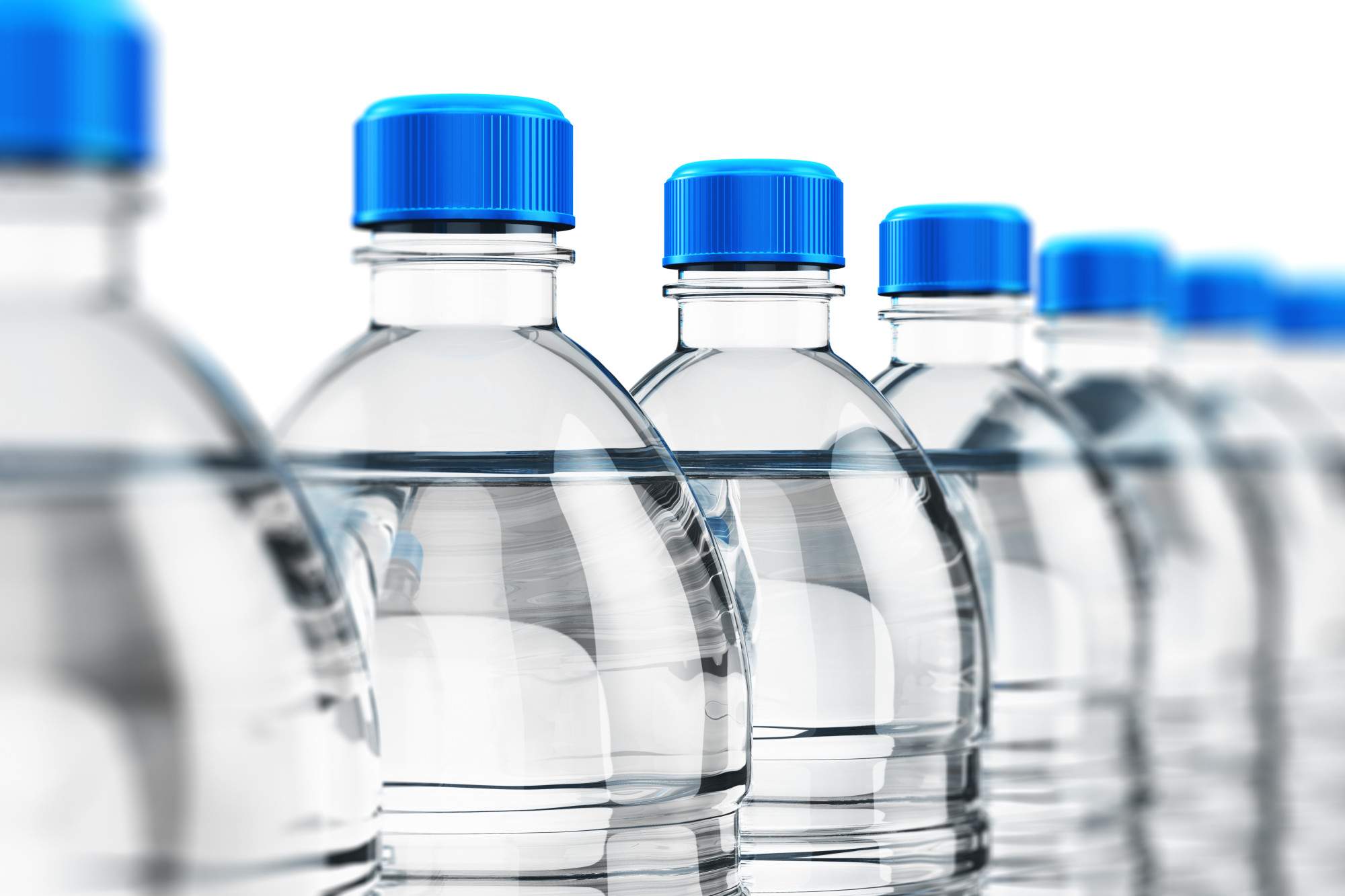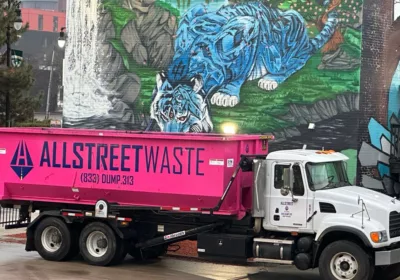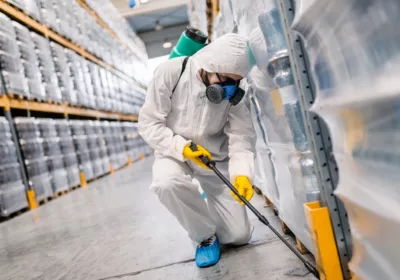
Water Quality First: A Guide to Home Water Treatment Systems
Today’s world is contaminated, there is no doubt about that.
However, while we may diligently wash our hands and food, there is a critical element that is frequently overlooked: our water. It has been shown that certain contaminants in water can affect our bodies, minds, and emotions. Children and the elderly are particularly vulnerable.
Concerned consumers have been exploring various types of home water treatment systems to combat this source of pollution and maintain the good health of their families.
Let’s take a quick look at some of the different systems available and what they do.
What Are Home Water Treatment Systems?
The water treatment systems available on today’s market generally fall into two categories. A whole water treatment system is usually installed at your home’s main supply line and helps treat all your household water.
The other type treats only tap water before it enters your home. This is either through a separate main filter or as part of an under-the-counter system in one location like your kitchen sink.
Tap Water Filtration
If you’re interested in home water treatment systems, tap water filtration is your first stop. Standard filters clean your tap water of chlorine and heavy metals. Purification takes things one step further by removing all contaminants.
These devices sit directly on your sink and are easy to install. A sediment filter is recommended if you have hard water as they eliminate heavy metals like iron, as well as silica and other minerals. They will need regular maintenance though. So be sure to work alongside a business that provides water softener service and repairs to these systems.
Reverse Osmosis
The reverse osmosis process consists of taking in dirty water and passing it through a specialized filter. This separates salt and other molecules from pure water, which is then returned to you for use. If you want clear, pure drinking water minus chemicals or other impurities, reverse osmosis may be your best bet.
Carbon Filtration
One of the most common types of home water treatment systems is sometimes simply referred to as carbon filtration. A carbon filter works by using activated carbon (charcoal) that has been infused with chemicals capable of cleaning up specific pollutants and contaminants in your water supply. These filters are designed to improve upon or correct your home’s water quality.
UV Filters
UV filters do not remove living organisms and bacteria from water despite their name. Rather, it exposes them to ultraviolet light and kills them. Filters do not eliminate bacteria and viruses as well as UV systems. Ideally, water filtration systems and UV systems should work together for maximum efficiency.
Fresh, Clean Water For Your Home
The quality of your drinking water can affect your health in more ways than you might realize. The most common concerns are bacterial contamination and chemicals like chlorine and fluoride. These can irritate the skin, damage the throat and stomach lining, and even cause cancer.
Luckily, there are plenty of home water treatment systems available to ensure that it’s safe to drink or use in your appliances.
Stay with us for more practical information on home and lifestyle choices for a healthy, happy family.















